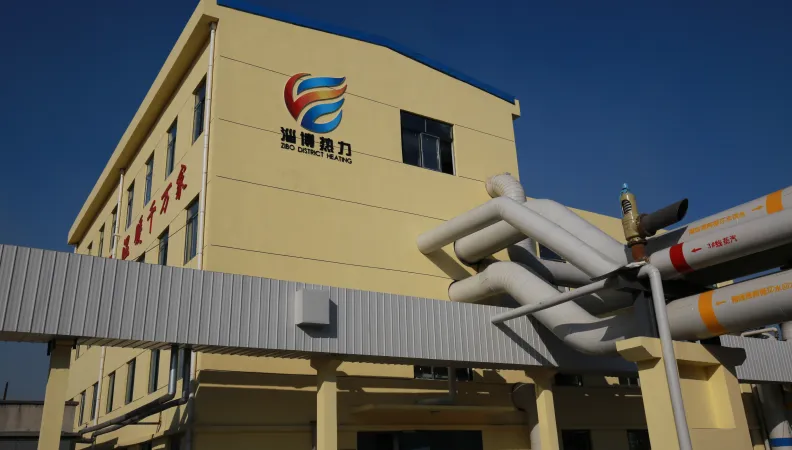Share the page
Using industrial waste heat for urban heating networks in Zibo
Project


-
Project start date
-
Status
Ongoing
-
AFD financing amount
-
€ 25600000
-
Country and region
-
Location
-
Zibo, Shandong
-
Type of financing
-
Beneficiaries
-
Zibo local authorities
This project located in Zibo, an industrial hub in Shandong province, is putting innovation to work for sustainable urban development. The objective is to reduce carbon intensity, greenhouse gas emissions and local pollutants, while promoting innovative power generation technologies.
Context
Zibo, a city with over 4 million inhabitants, is a powerful industrial hub located in Shandong province. The city’s industrial development has long relied on fossil fuels. As Chinese authorities seek to reduce coal dependency and address the growing problem of air pollution, one solution is the recovery of industrial waste heat–a resource that can be used on a massive scale in industrial cities like Zibo.
Heat distribution networks in Zibo have primarily used steam as a heat transfer fluid, which led to significant energy losses. A project to redesign the city’s heating networks has therefore been launched with the support of AFD.
Description
The project enabled the rehabilitation and extension of the city’s heat networks in order to supply a heating area of some 15 million m2. The networks are supplied by a cogeneration power plant and waste heat from a petrochemical plant and coking plant in the city.
The project also included the construction of recovery systems using absorption heat pumps and the demolition or shutdown of numerous coal-fired boilers previously in operation in the city.
Finally, existing heat networks were rehabilitated to improve their energy efficiency by replacing steam with hot water as a heat transfer fluid and through network automation.
Impacts
-
Reduction of greenhouse gas emissions by 23,900 tons of CO2 per year, in keeping with China’s promotion of low-carbon cities;
-
Improved air quality;
-
900,000 m3 of water saved each year thanks to the transformation of steam networks into hot water networks and industrial heat recovery.


